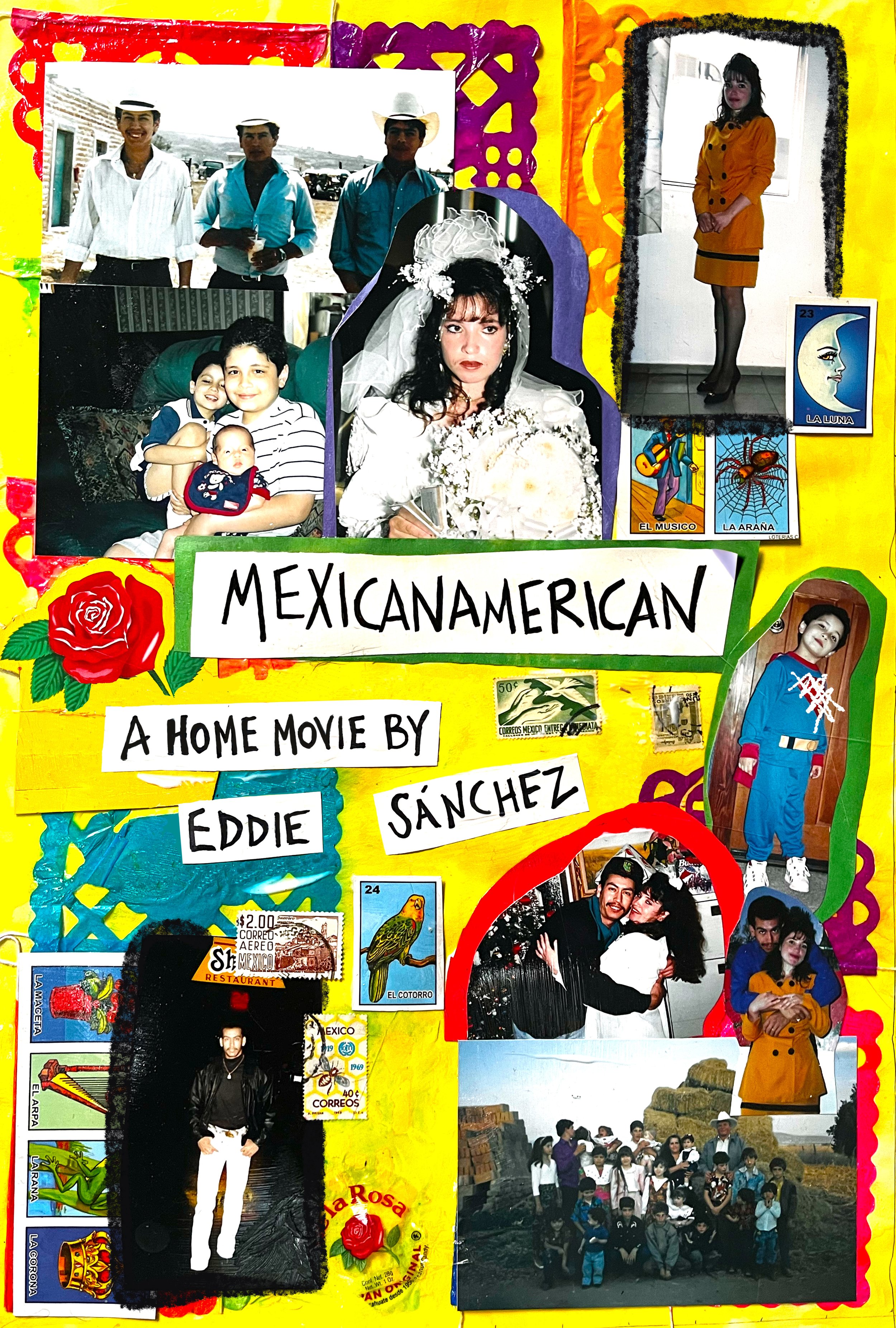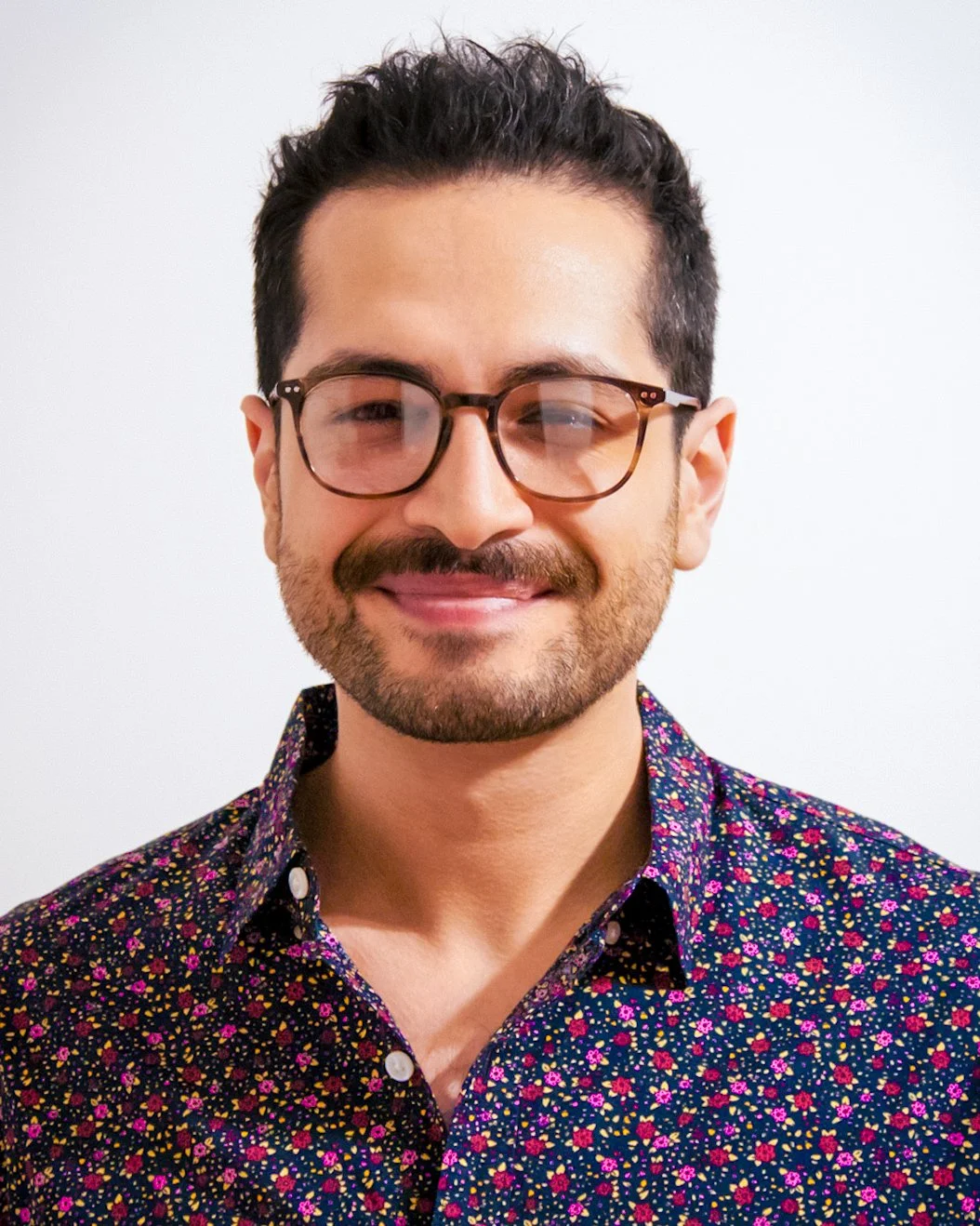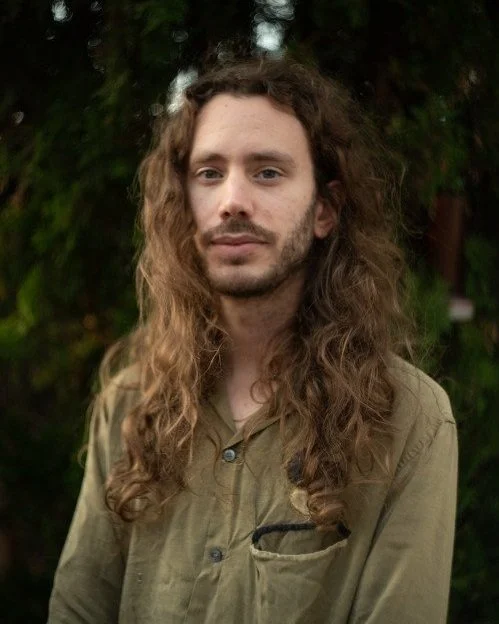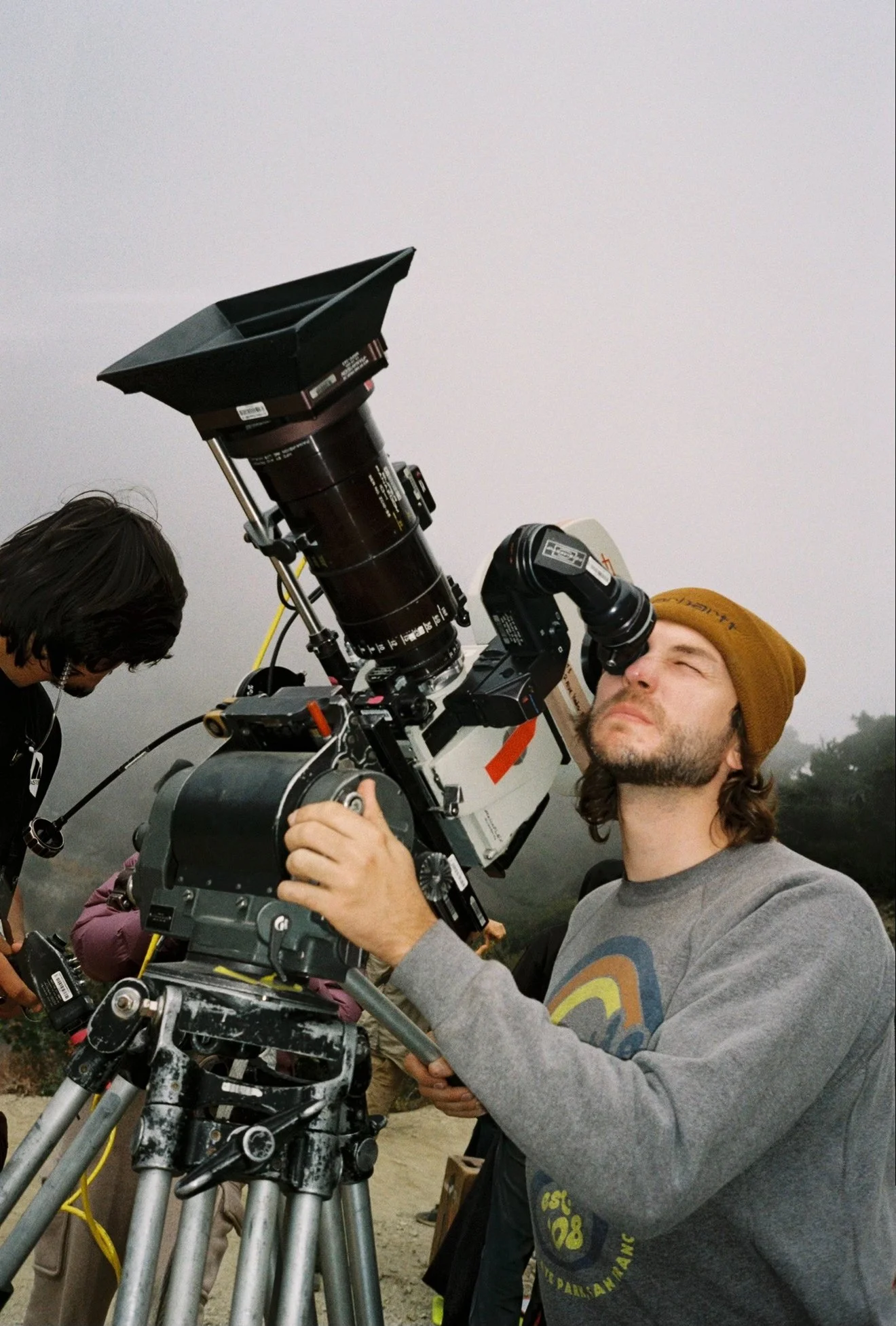director’s statement
Mexicanamerican is not just a tribute to my parents and their sacrifices; it is an act of reclamation.
My estrangement from my heritage is what led me to make this film. As a first-generation American, I grew up with only a loose grasp of the history and background my parents carried with them. I knew the outlines of their biographies but not the most painful details — the choices, compromises, and cultural contradictions they navigated to give their children a better life. In adulthood, I began to feel the cost of that distance, and what started as a personal attempt to reconnect has become a vehicle for others to do the same.
The film is a reckoning with how cultural identity is maintained, altered, or lost across generations within immigrant families. It explores how assimilation can carry unintended consequences, not only in public or political life but also in the most intimate corners of the family unit. While American institutions — schools, media, and immigration policy — form the backdrop, the conflicts depicted are primarily internal and interpersonal, centering the agency and complexity of people whose lived experiences are too often reduced to data points or oversimplified narratives.
The film draws inspiration from deeply personal and form-breaking documentaries such as Cameraperson; Hale County This Morning, This Evening; its namesake, Italianamerican; and the work of both Chantal Akerman and Adam Curtis. I wanted to use every tool at my disposal to create an immersive and cinematic experience — not just an expositional one. Subtitles, for instance, are used not merely functionally but compositionally, often centered onscreen to emphasize the role of language and translation in this multilingual story.
All the archival footage in the film was sourced exclusively from the home videos my parents recorded and mailed across the U.S.-Mexico border between 1993 and 2005. These tapes were a way of “visiting” the loved ones they could not physically be with before naturalizing as citizens and I paired them with present-day interviews conducted over the course of several years.
I sought to reveal the everyday poetry hidden in the seemingly banal amateur footage my parents created. The VHS medium, with its jarring cuts, glitches, and analog texture, functions as a universal shorthand for nostalgia and first-person recollection — especially when juxtaposed against the present-day interview footage shot on modern digital cameras and Zoom recordings. Even the television broadcasts accidentally taped over the home movies are left intact, serving as ambient transmissions from the media landscape that shaped my family’s cultural identity.
In the end, MEXICANAMERICAN is both an offering and an invitation: a catharsis for immigrant families of all backgrounds, and a call for more nuanced, empathetic conversations about the immigrant experience. It is a documentary, yes — but also a personal archive, a memory poem, and a long-overdue home movie of my own, dedicated to my family and to all migrants and refugees around the world still in search of home.
— Eddie Sánchez





















